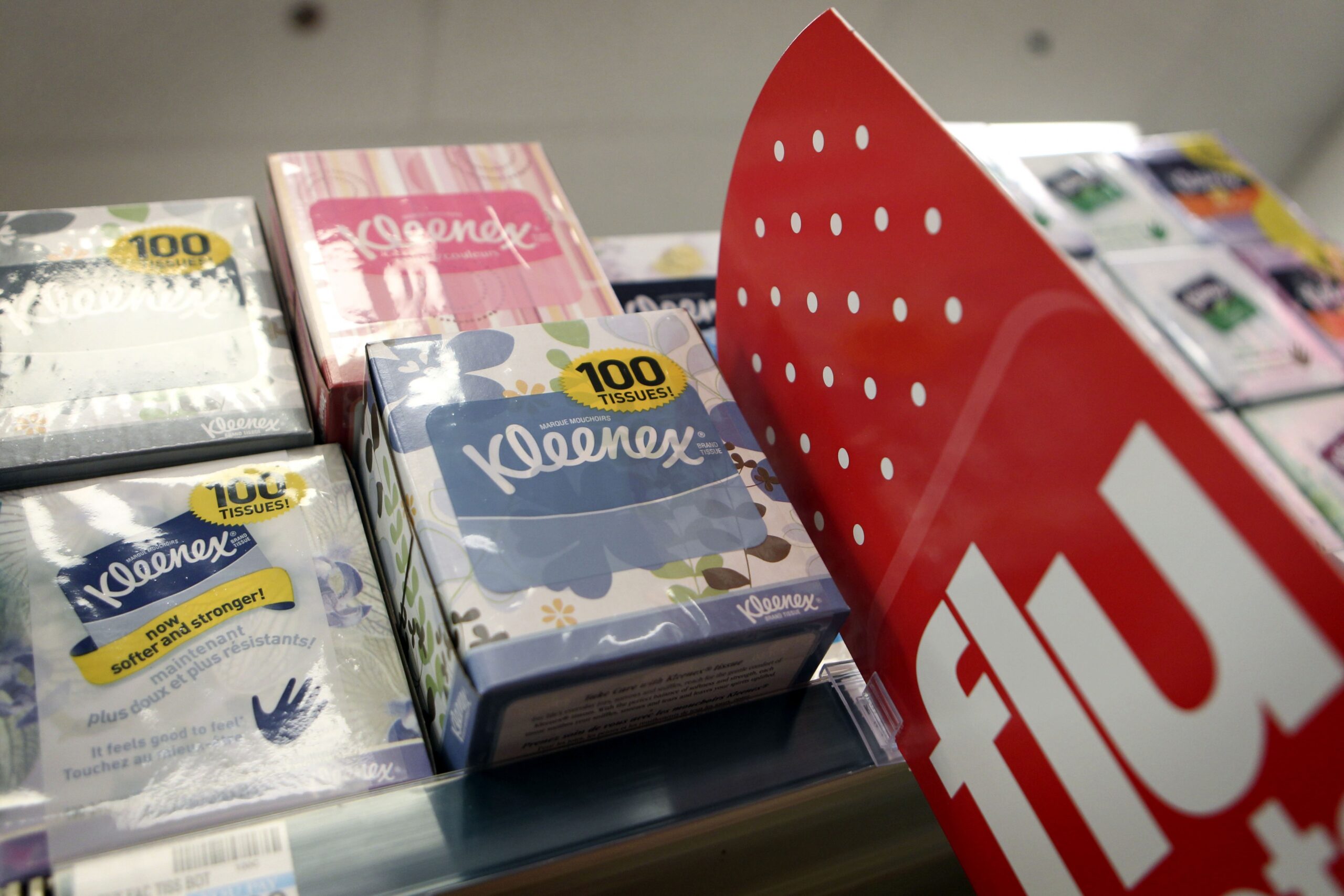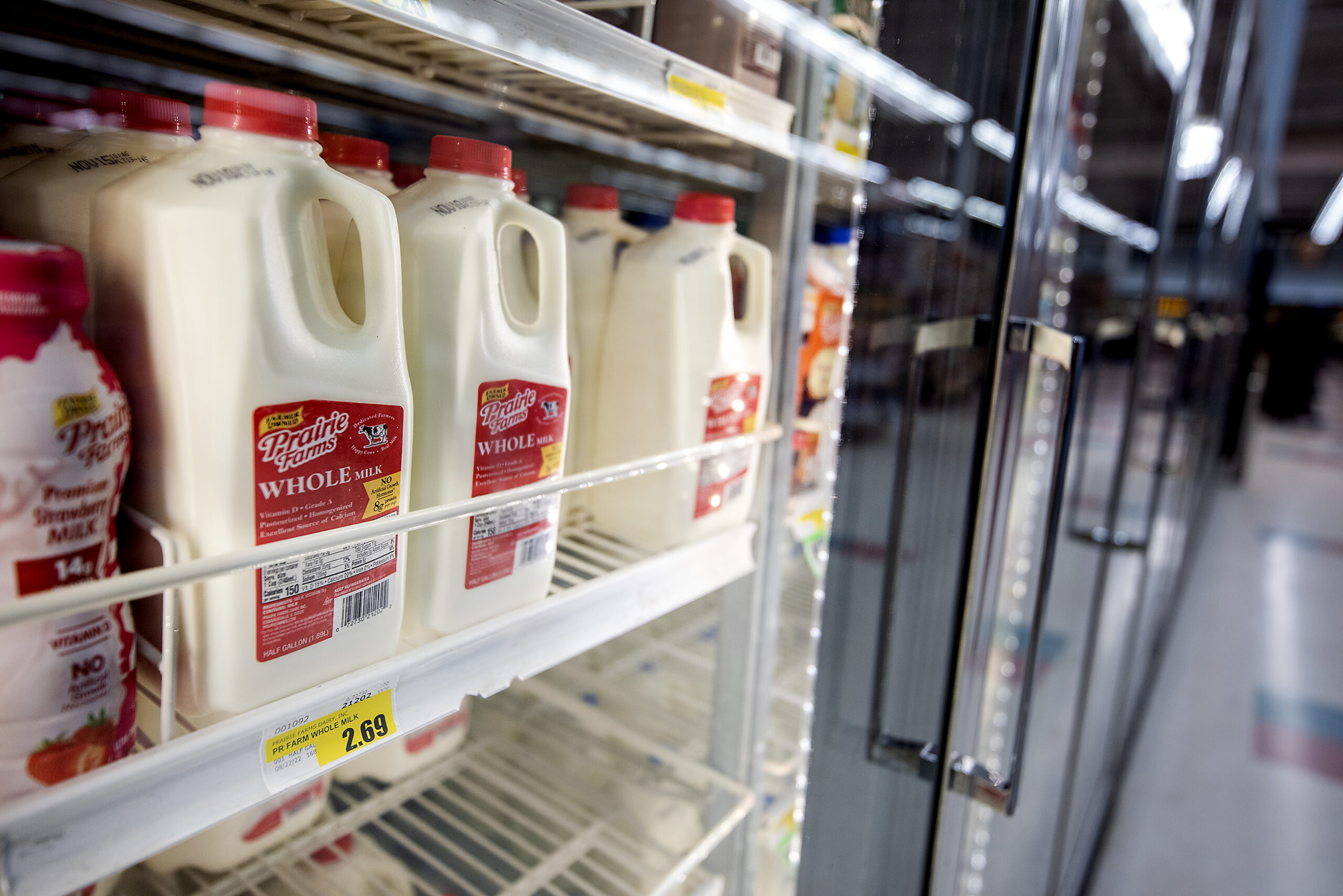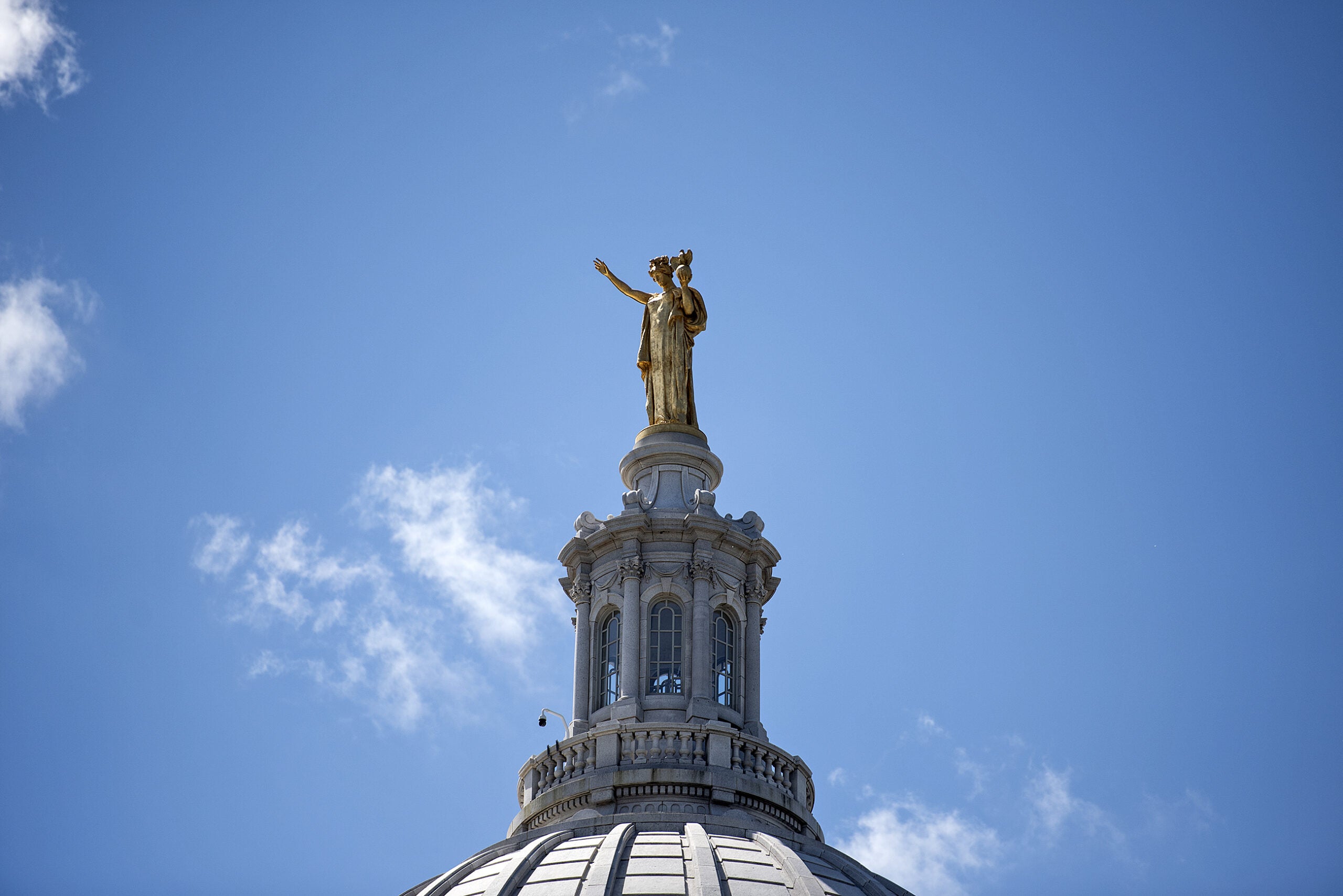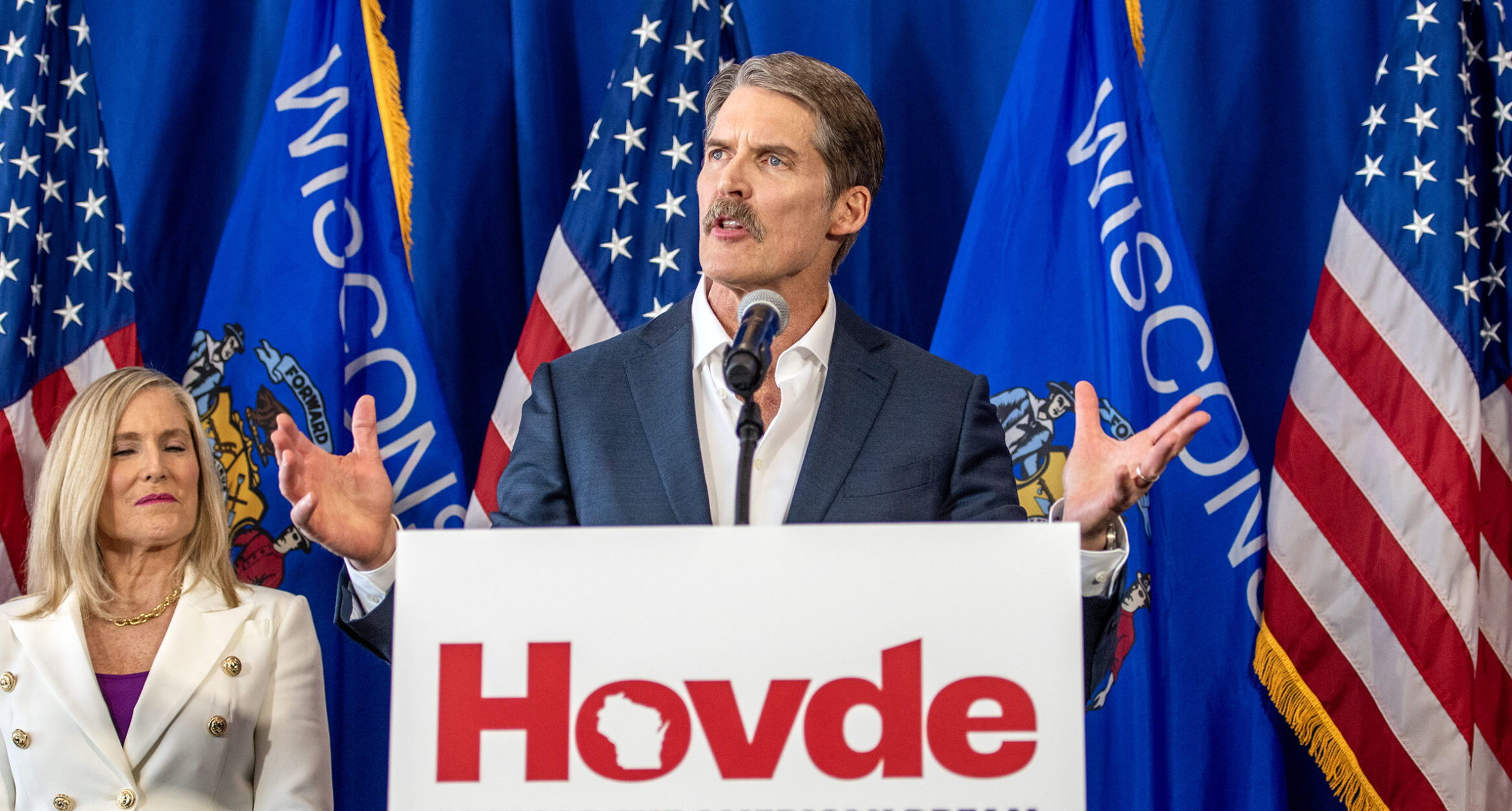The head of Wisconsin’s economic development agency says consumer products manufacturer Kimberly-Clark has been “receptive” to tax incentives aimed at averting job cuts at two of their Wisconsin plants.
Mark Hogan, CEO of the Wisconsin Economic Development Corp., testified in support of the proposal before a Senate committee Tuesday.
“They know what Wisconsin has to offer,” Hogan said. “They’ve been receptive to the idea, receptive to the proposal.”
News with a little more humanity
WPR’s “Wisconsin Today” newsletter keeps you connected to the state you love without feeling overwhelmed. No paywall. No agenda. No corporate filter.
Under the deal championed by Gov. Scott Walker, Kimberly-Clark would be eligible for up to $7.8 million a year in tax breaks, which would be paid out as cash from the state because the company has no tax liability under current law.
Under the plan, the state would cut those checks for up to 15 years. If the facilities in Neenah and Fox Crossing are closed, about 600 people could lose their jobs.
In January, the company announced plans to reduce its workforce by 12 percent to 13 percent, or 5,000 to 5,500 jobs, and close or sell about 10 manufacturing facilities while expanding production elsewhere. The company is trying to lower costs.
The Huggies and Kleenex maker has said it will take the possible state incentives into consideration as it continues to negotiate with its union workers.
Hogan said he has had 10 conversations with representatives from Kimberly-Clark since the company’s closure announcement.
“They have not asked for anything,” Hogan said.
The deal requires legislative approval before it can move forward. The state Assembly passed it last month. The Senate could vote on the deal later this month.
“I think it’s important that we’re stepping up to the plate to preserve these jobs,” said Sen. Alberta Darling, R-River Hills, who co-chairs the state budget committee.
Some Democrats have expressed concern over the package, which mirrors the deal offered to Taiwanese tech giant Foxconn, saying it sets an unrealistic precedent for the relationship between state government and Wisconsin businesses.
Sen. Janis Ringhand, D-Evansville, asked the bill’s sponsors whether state government could continue to offer similar incentives if more businesses come forward seeking support.
“It is a just a tough situation, we have a lot of struggling businesses in this state,” Ringhand said. “I’m just wondering where it would end.”
One of the bill’s sponsors, Rep. Mike Rohrkaste, R-Neenah, said such tax breaks need to be considered on a case-by-case basis.
“You have to look at these individual businesses and make that evaluation,” Rohrkaste said. “I think you really have to look at these on an individual basis.”
Kimberly-Clark is a “fundamental” business to Wisconsin’s economy, and one worthy of exceptional incentives, said Rohrkaste and the measure’s Senate author, Sen. Roger Roth, R-Appleton.
“This is a company that has been in the Fox Valley since the 1880s, they are the backbone of the paper industry in our state,” Roth said.
The personal products maker was founded in Neenah in 1872 and moved its corporate headquarters to Irving, Texas in 1985. It employs about 3,200 people in the Fox Valley.
The bill has yet to be voted on in a Senate committee. If approved, it could be taken up on by the full Senate on March 20.
Wisconsin Public Radio, © Copyright 2026, Board of Regents of the University of Wisconsin System and Wisconsin Educational Communications Board.







